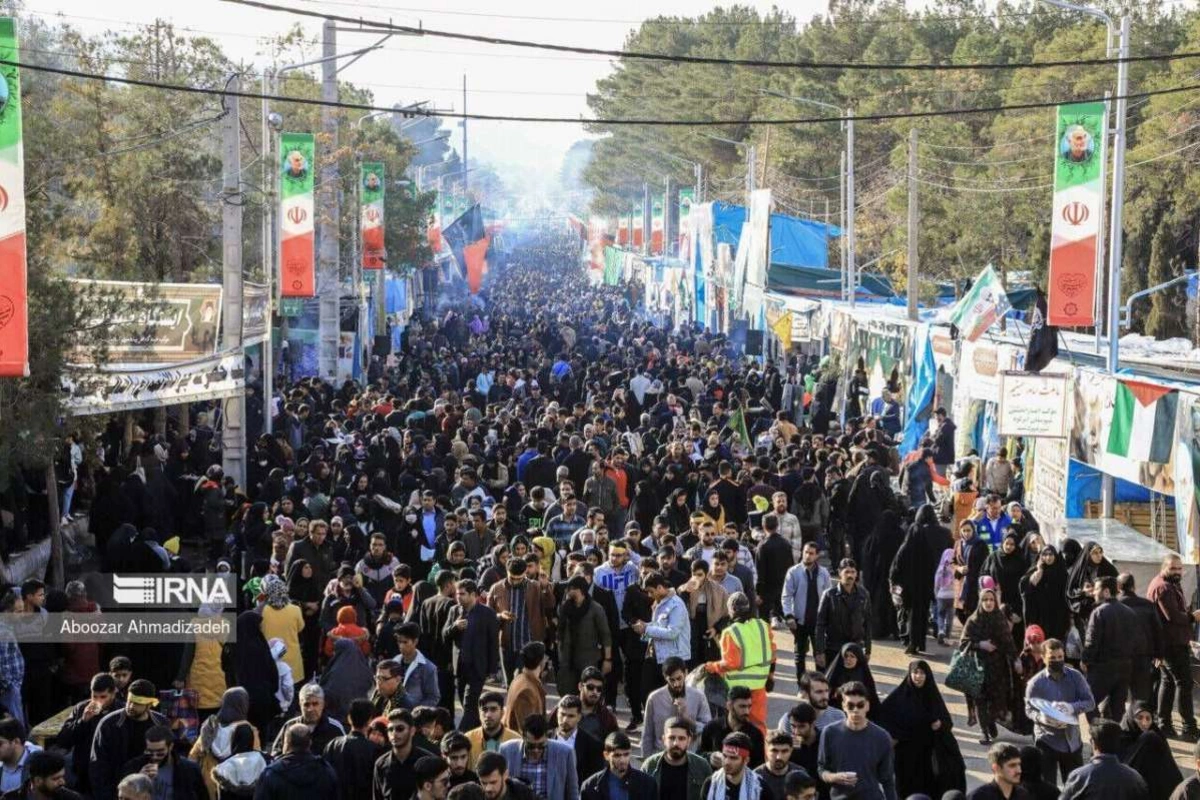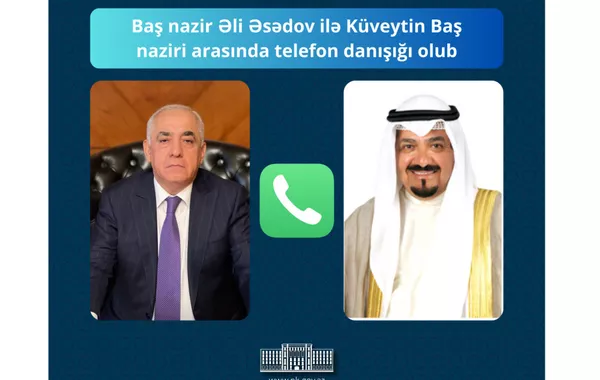
Today, at least 103 people have died and 170 others injured in two explosions in Iran near the shrine of Qasem Soleimani during commemorations of the 4th anniversary of his death.
Image: irna.ir
(RFE/RL) At least 103 people have died and more than 170 others were injured in two explosions set off during commemorations of the fourth anniversary of the death of Qasem Soleimani, a former commander of the Iranian Revolutionary Guards Corps' (IRGC) elite Quds Force killed in January 2020 in an air strike by U.S. forces near Baghdad.
The casualty figures from the blasts on January 3, the deadliest attack in the country since the Islamic revolution in 1979, were reported by Iranian state television, which quoted Babak Yektaparast, a spokesman for the country’s emergency services.
The Mizan news agency, which is close to Iran's judicial system, reported on January 3 that the blasts occurred in the city of Kerman, near Soleimani's grave site. Soleimani was from the city.
The Fars news agency first reported that a "terrible explosion" was heard in one of the roads leading to Kerman's Martyrs' Gulzar, while the Mehr news agency reported that a "second explosion" also was heard.
Video from the area showed the blasts occurred about 15 minutes apart.
The Tasnim news agency, which is affiliated with the IRGC, said the first explosion was 700 meters from a shrine for Soleimani. The second explosion was 1 kilometer away from the shrine and was outside the pilgrims' path and inspection gates, it added.
One local official called the blasts, which come at a time of heightened tensions in the Middle East over the ongoing war between Israel and Iran-supported Hamas, a "terroristic" attack, but gave no evidence to back up the claim. Hamas is designated as a terrorist organization by the United States and the European Union.
Interior Minister Ahmad Vahidi said most of the victims died in the second explosion and that authorities would react "quickly and forcefully" to the bombings.
"Our police forces are vigilant and will bring those who committed this crime to justice," he said on state television.
Iranian President Ebrahim Raisi condemned the blasts.
"Undoubtedly, the perpetrators...of this cowardly act will soon be identified and punished for their heinous act by the capable security and law enforcement forces," said Raisi in a statement.
"The enemies of the nation should know that such actions can never disrupt the solid determination of the Iranian nation."
Commemorations of Soleimani's death have previously drawn large crowds.
During his funeral in 2020, a stampede broke out and at least 56 people were killed and more than 200 were injured in a procession of thousands of Iranians.
Considered at the time one of the most powerful men in Iran and the architect of Tehran's foreign policy in the region, Soleimani was killed in a drone strike while traveling in a two-car convoy near Baghdad's international airport early on January 3, 2020.
The U.S. military said it carried out the "defensive" strike to prevent Soleimani from orchestrating further attacks against U.S. interests in the region.
The assassination of Soleimani was a significant blow to the clerical regime, which was already reeling from biting U.S. sanctions, a free-falling economy, and anti-government protests.
The Quds Force is the elite foreign arm of Iran's IRGC and has been declared a foreign terrorist organization by the United States.
Share on social media
